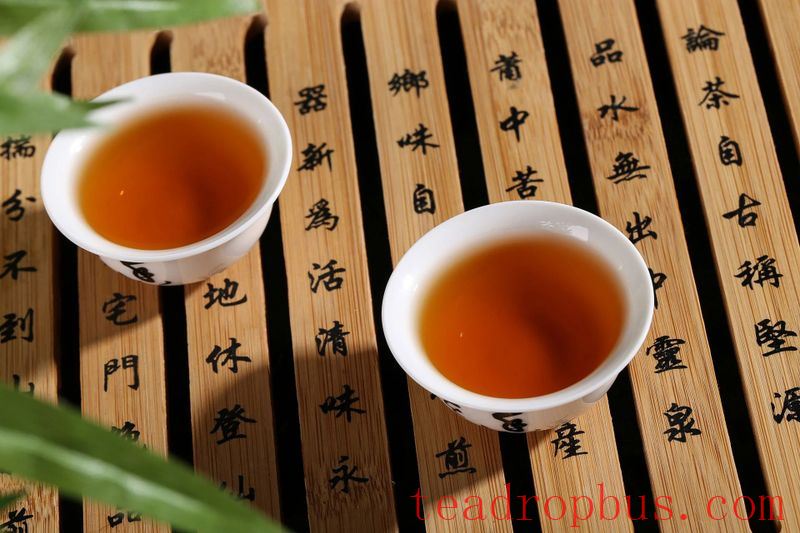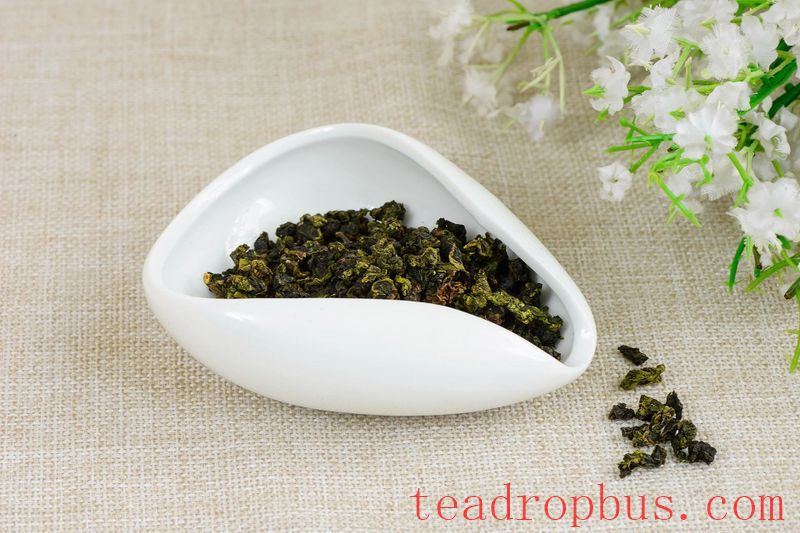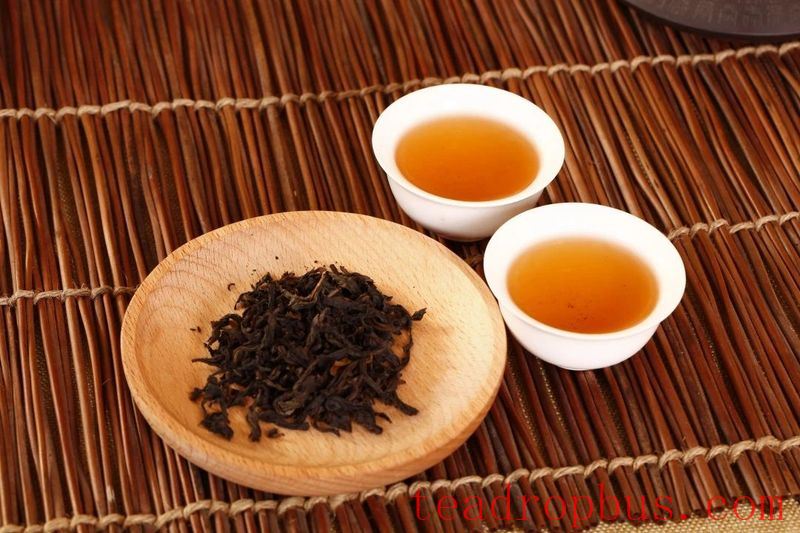Drinking Tea is a delightful experience, but many tea enthusiasts express frustration at how their mood can be ruined when purchasing tea: either they pay too much or the seller substitutes inferior quality products.
Indeed, in the complex and diverse tea market, not only are there issues with fake and substandard tea products, but sellers' persuasive sales tactics may also mislead you. Today, let's delve into some common sales pitches used by tea vendors. Pay close attention to these key points so you can avoid being deceived when buying tea in the future!
Sales Pitch One
“If it's not bitter and astringent, it's not real tea.”
You've probably heard this phrase if you've ever been around tea, and it's one of the most misleading statements. In fact, the bitterness and astringency in tea are caused by different factors. Generally, the bitter and astringent taste is due to Caffeine and polyphenols, or it could result from poor processing.
How do you judge? High-quality tea will quickly dispel the bitterness and astringency, followed by a sweet aftertaste. The better the tea, the faster the bitterness and astringency dissipate, and the quicker the sweet aftertaste returns. If the tea remains bitter and astringent without a sweet aftertaste for a long time, it is considered low-quality, likely due to poor processing.
Sales Pitch Two
“Although my tea doesn't have a strong aroma, it has excellent character.”
The character of tea is a unique sensation experienced while drinking it, often associated with its “qi,” or energy. In addition to color, aroma, and taste, tea also has a character, known as the “four aspects of tea.” The experience of these four aspects is called the “character of tea.” Different teas have their own “characters,” such as the “sound” of Tieguanyin, the “rock” of Yancha, the “aged” of Pu'er tea, the “elegant” of West Lake Longjing, and the “cool” of Huangshan Maofeng.

Taking the “sound” of Tieguanyin as an example, the “sound” is a distinctive characteristic of Anxi Tieguanyin, representing the quality and characteristics of high-quality Tieguanyin. It is a harmonious blend of color, aroma, and taste, with a fresh and refreshing fragrance, a mellow and sweet flavor, and a lingering aftertaste that invigorates the mind. If a tea lacks aroma, how can it have any character?
Sales Pitch Three
“There's no such thing as good or bad tea; it just needs to suit your taste.”
This statement, originally quite reasonable, is easily exploited by tea sellers. By “tea,” the seller means various types of tea, and everyone's preferences, constitution, and financial capabilities differ, leading to different suitable choices.
To be precise: the six major categories of tea, flower teas, herbal teas, etc., each have their own strengths, and it cannot be said that one type of tea is definitively better than another. However, within a specific type of tea, there is definitely a distinction between good and bad. Otherwise, the entire system of tea evaluation would lose its foundation.
Sales Pitch Four
“It might not taste good now, but give it some time, and it will improve.”
This statement isn't necessarily misleading, but it depends on what kind of tea you're buying. Some teas improve with age, while others should be consumed soon after production. However, not all teas get better with storage.
For example, baked green and pan-fried green teas are typically ready to drink about ten days after production, when the taste is most balanced, and drinking them reduces the likelihood of getting overheated. Black teas generally don't require special aging and can usually be enjoyed immediately.

Pu'er and white teas, on the other hand, are suitable for long-term storage. However, the tea must be of high quality to begin with for long-term storage to be worthwhile. If the tea itself is subpar, storing it for a long time adds no value.
Sales Pitch Five
“You'll become addicted to my tea.”
Long-term tea drinkers develop a fondness for tea, which is often referred to as a “tea addiction.” Hence the saying, “One cannot go a day without tea.” A “tea addiction” is a habit developed over time through regular tea consumption, not an immediate addiction upon tasting a particular tea.
The physiological addiction to tea primarily results from caffeine. Relatively speaking, caffeine's addictive potential is weak but has a good stimulating effect without causing excessive excitement or addiction.

After reading these tips, you should now have a better understanding of how to make informed decisions when buying tea. Tea lovers always want to purchase high-quality tea, so it's essential to learn about tea before making a purchase. This knowledge makes it much harder for sellers to mislead you.
Contact us to remove if there are any copyright issues.